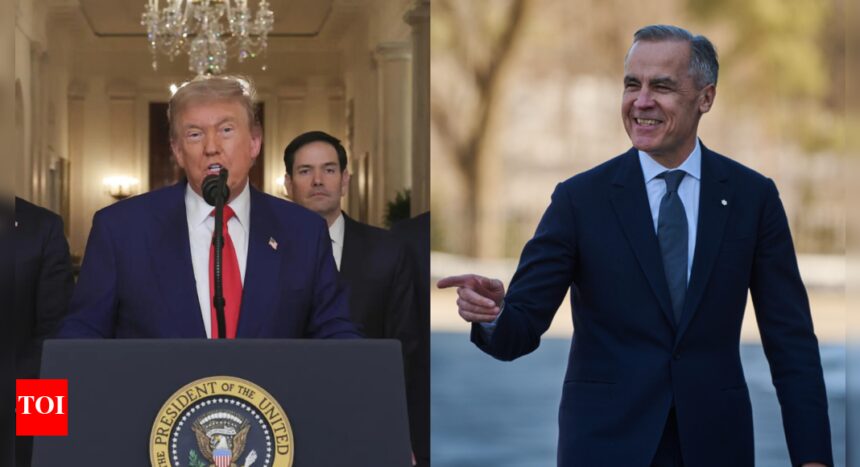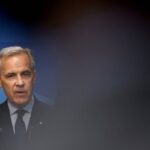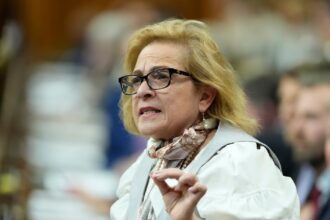In a significant diplomatic pivot, Canada and the United States have restarted crucial trade negotiations after weeks of mounting tension over Ottawa’s planned digital services tax. Prime Minister Mark Carney announced Wednesday that Canada would indefinitely suspend its controversial 3% tax on large tech companies’ Canadian revenues, a measure that had prompted Washington to abruptly cancel bilateral trade discussions last month.
“We recognize the importance of our relationship with the United States and the need for economic stability during challenging global conditions,” Carney said during a press conference in Ottawa. “While we maintain our position that digital giants should pay their fair share, we’re willing to find a collaborative approach that works for both nations.”
The digital services tax, initially scheduled to take effect in January 2024, targeted technology companies with global revenues exceeding €750 million and Canadian revenues over $20 million. The measure would have primarily affected American tech giants like Google, Amazon, and Meta, which have long been criticized for routing profits through low-tax jurisdictions.
Former President Donald Trump had denounced the tax as “discriminatory” and a “direct attack on American businesses” before canceling planned trade talks in early June. The suspension marks a significant concession from Carney’s government, which had previously framed the tax as essential for digital marketplace fairness.
U.S. Trade Representative Katherine Tai welcomed Canada’s decision, calling it “a positive step toward strengthening our trade relationship.” In a statement, Tai noted that “the United States remains committed to finding multilateral solutions to digital taxation through OECD frameworks rather than unilateral measures that target specific nations’ companies.”
The resumed trade discussions will focus on longstanding issues beyond digital taxation, including softwood lumber disputes, dairy market access, and potential cooperation on critical minerals essential for electric vehicle production. Analysts note these negotiations take on heightened importance as both countries navigate complex economic challenges including inflation, supply chain vulnerabilities, and shifting global alliances.
“Canada needs this relationship to work smoothly,” explains Dr. Elise Moreau, professor of international trade at the University of Toronto. “With over 75% of our exports heading to the U.S., the stakes couldn’t be higher. Carney’s pragmatic approach reflects this reality.”
The timing of Canada’s concession has raised questions about political considerations on both sides of the border. With a possible Trump return to the White House looming in November’s election, some observers suggest Carney’s government is strategically positioning itself for potentially more challenging trade relations ahead.
The suspension rather than outright cancellation of the digital tax suggests Canada hasn’t abandoned its underlying policy objectives. Finance Minister Chrystia Freeland emphasized that Canada remains committed to the OECD’s global minimum tax framework, which aims to ensure large multinational corporations pay a fair share regardless of where they base their operations.
“This isn’t about abandoning our principles,” Freeland stated. “It’s about finding the right pathway and timing to achieve them in coordination with our international partners.”
Business leaders from Canada’s technology sector expressed mixed reactions. While some praised the move as necessary for maintaining crucial economic relationships, others worried it signals a continuing pattern where large international corporations receive preferential treatment over domestic companies.
As bilateral discussions resume next week in Washington, the fundamental question remains unresolved: in an increasingly digital economy, how can nations fairly tax companies that operate virtually across borders while avoiding damaging trade disputes with powerful partners? For Canada, balancing fiscal sovereignty with the practical realities of living beside an economic superpower continues to present one of its most challenging diplomatic tests.










